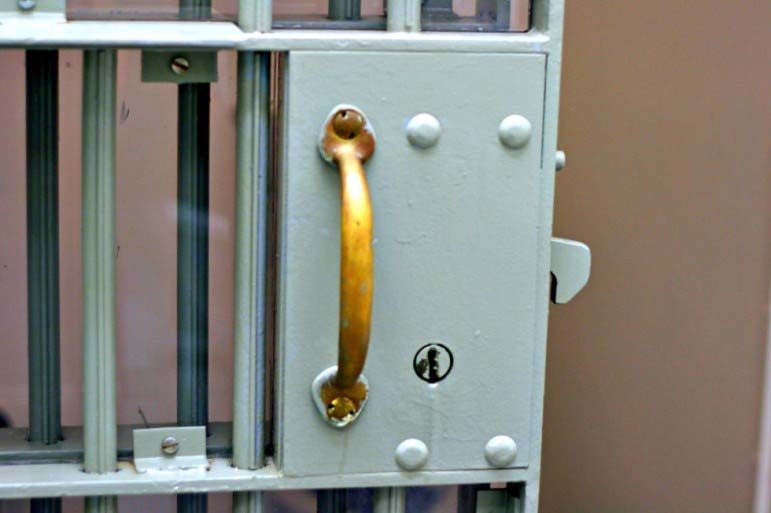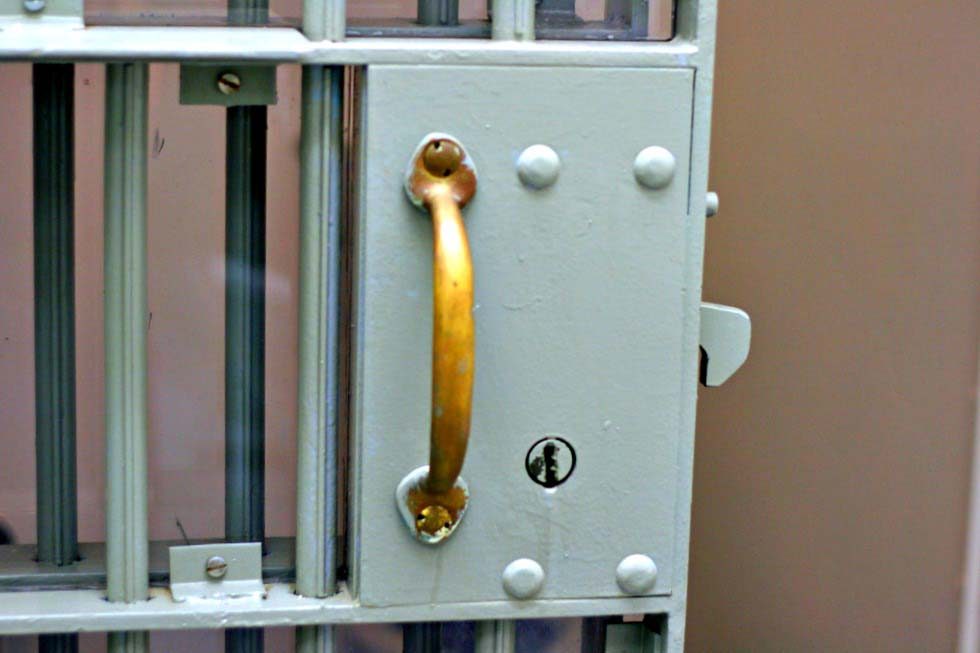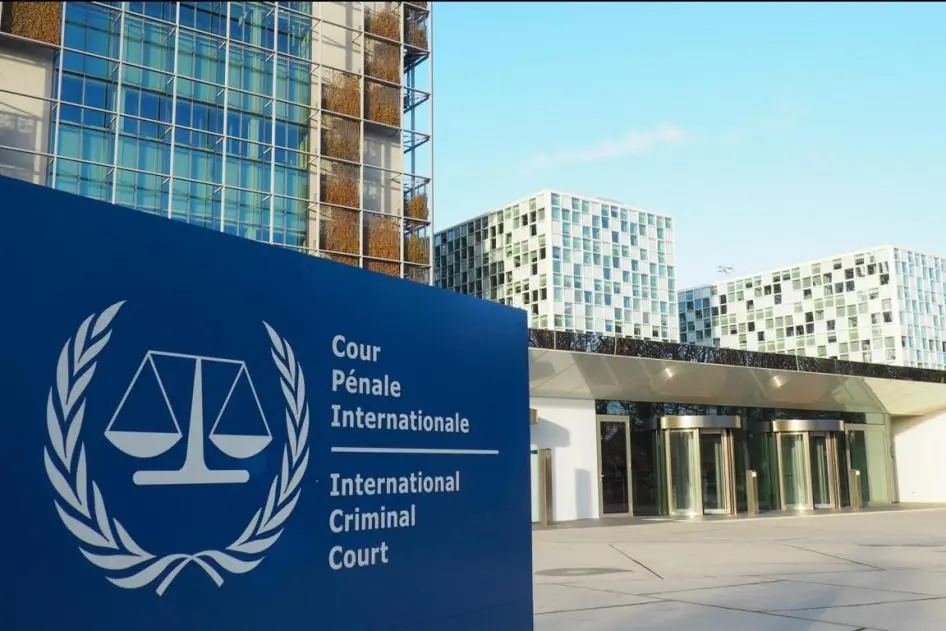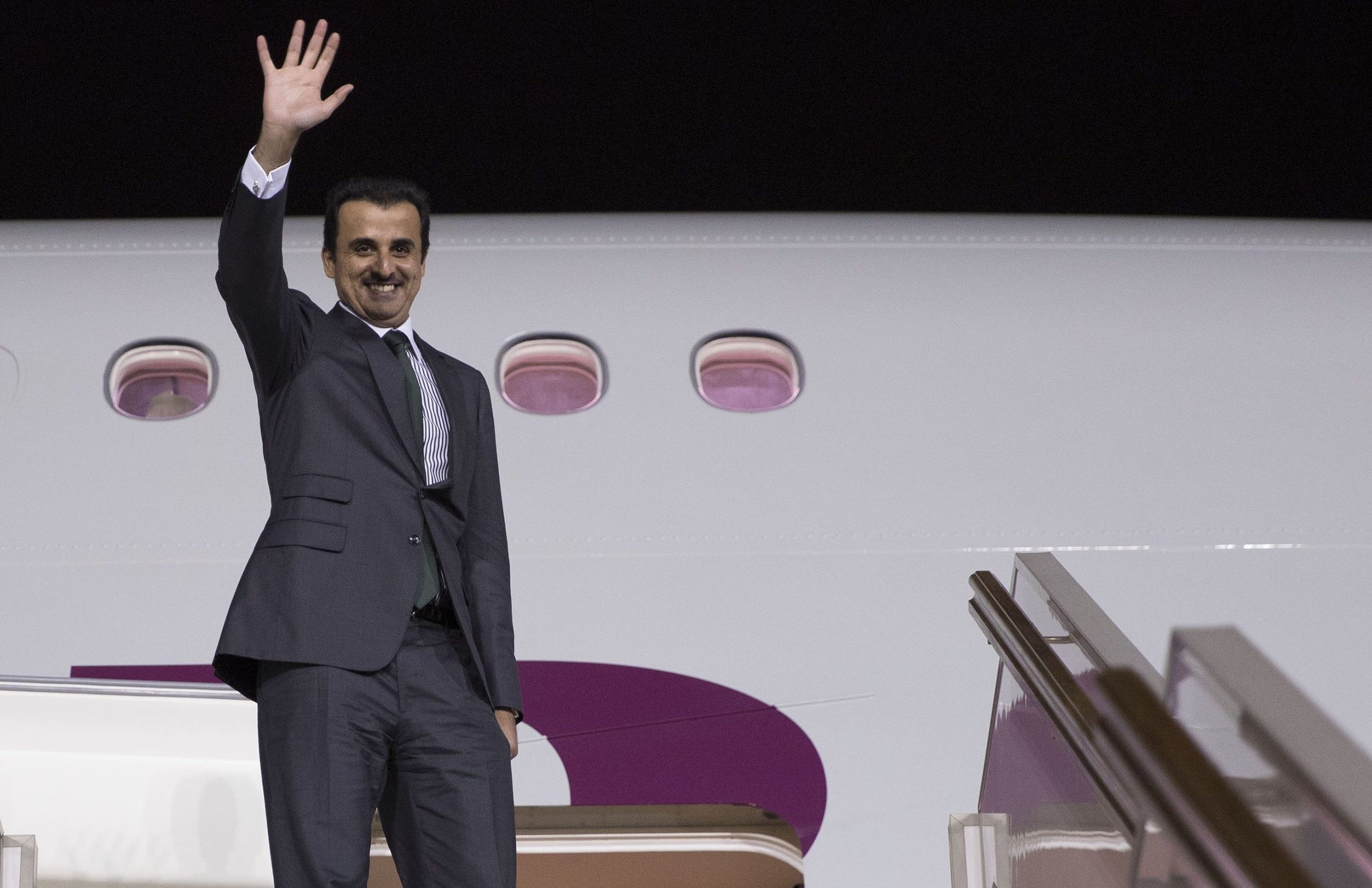
With Ramadan over, many embassies in Qatar are beginning to find out more about the prisoners that the Emir pardoned last month. Though some missions are still waiting for information, it appears that at least 74 people were pardoned by Sheikh Tamim bin Hamad Al Thani this year. They were convicted of fraud, using or possessing narcotics and sexual abuse, among other things.
The Emir typically issues pardons twice a year, during Ramadan and National Day. No official information regarding those released is usually disclosed, unless the pardons involve expats, in which case their consulates sometimes share information about the releases.
Demographics
According to embassy officials who spoke to Doha News, 14 Indians, 19 Nepalis and 41 Sri Lankan prisoners were all released by Emiri pardon. That leaves 76 Indian expats, over 60 Nepalis and 90 Sri Lankans still serving time behind bars. When asked about the high number of Sri Lankan prisoners freed during Ramadan this year, an embassy official told Doha News:
“We are always pushing and fighting for the rights of our people. We are always requesting for higher salaries, more benefits and urgent action from labor and higher courts. We are very happy that the authorities responded quickly and released this many of our prisoners.”
Not all embassies were available for comment due to closures for the Eid holiday. And some officials, like those from the Philippines Embassy, said they have yet to receive information.
Still here
Before pardons are granted, embassies must compile and submit a list of the nationals that they wish to see granted clemency. Some missions have said they pick those who have already spent a long time in Qatar jail. Each prisoner’s case is then investigated before the release decision is made. Those granted pardons are then sent to the deportation center before returning to their native countries.
Speaking to Doha News, the Sri Lankan embassy official said his pardoned compatriots are still waiting at the center:
“Right now, all of those released are still in Qatar. They have been left at the deportation camp, waiting. No one has left yet, and I am sure it’s the same situation for everyone who was released at Ramadan.”
Nepali convicts also appear to be waiting to go home, according to Kantipur. The publication reports embassy officials as saying they are waiting for “official procedures” to be completed. It added that one of the prisoners was in jail after being arrested at the airport in 2012 for possession of “pickle made from cannabis plant.”
At the time, the Nepali embassy had unsuccessfully tried to convince authorities that the pickle was part of common cuisine back home, the newspaper said. Another convict had actually finished his term in February, but was not released because he could not come up with the QR200,000 fine he was ordered to pay by the court.

It is unknown whether any Qataris have been pardoned, and if local poet Ibn Al Dheeb is among them. The poet was put behind bars in 2012 for “inciting to overthrow the regime” and “insulting the Emir.” He was originally sentenced to life in prison, but the sentence was reduced to 15 years, following appeals lodged by Al Dheeb’s lawyer, former justice minister Najib Al-Nuaimi.
Last year, Sheikh Tamim pardoned 36 prisoners during Ramadan, including 18 Filipinos, 17 Indians, 14 Nepalis and five Pakistanis. Crimes included immorality, theft, possession of methamphetamine, fraud and unpaid loans. And during last National Day, the Gulf Times reported that nine Filipinas were pardoned.
Thoughts?







